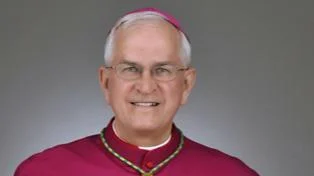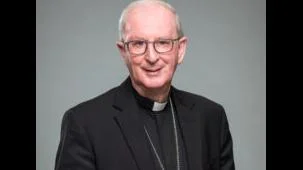
Reverend Joseph E. Kurtz, D.D. Bishop | Archdiocese of Louisville
The Archdiocese of Louisville Office of Catholic Schools has introduced a new social media policy aimed at fostering community values among students, parents, educators, and administrators.
Dr. Donna Brown, the data and technology specialist for the schools’ office who led this initiative, explained that previous handbooks contained only a brief mention of responsible social media use. "It was time we took a stand in being proactive," Brown stated. "This is serious enough that we need to think about it all the time, not just in the short term when we run into problems."
The policy emphasizes collaboration among parents and educators as role models and encourages students to use technology ethically and responsibly. It outlines five pillars: digital citizenship, e-safety, cyberbullying prevention, privacy protection, and general guidelines including respect for others, truthfulness, professionalism, and consequences.
Brown highlighted that teachers are now guided on selecting online resources that align with both the school's vision and Catholic teachings on human dignity. From an educational standpoint, the goal is to help students learn appropriate technology use from an early age. "We want kids to grow into social media use rather than banning it because we know they’ll be using it in the future," she said.
Teachers are permitted to offer a “protected blog space” where students can practice responsible social media use. For younger students (12 years and under), the policy introduces T-H-I-N-K—an acronym encouraging them to consider if their online actions are True, Helpful, Inspiring, Necessary, and Kind.
For middle and high school students legally allowed on social media platforms, the focus shifts to understanding the impact of their online behavior on themselves and their community. The policy includes eight guidelines covering individual accountability, online safety, cyberbullying prevention, annual updates on social media use rules, and consequences for violations.
Brown concluded by stating that collective effort would help create future community values reflecting moral and ethical standards.
The policy also extends guidelines for administrators', teachers', volunteers', and parents' social media usage.
___




 Alerts Sign-up
Alerts Sign-up